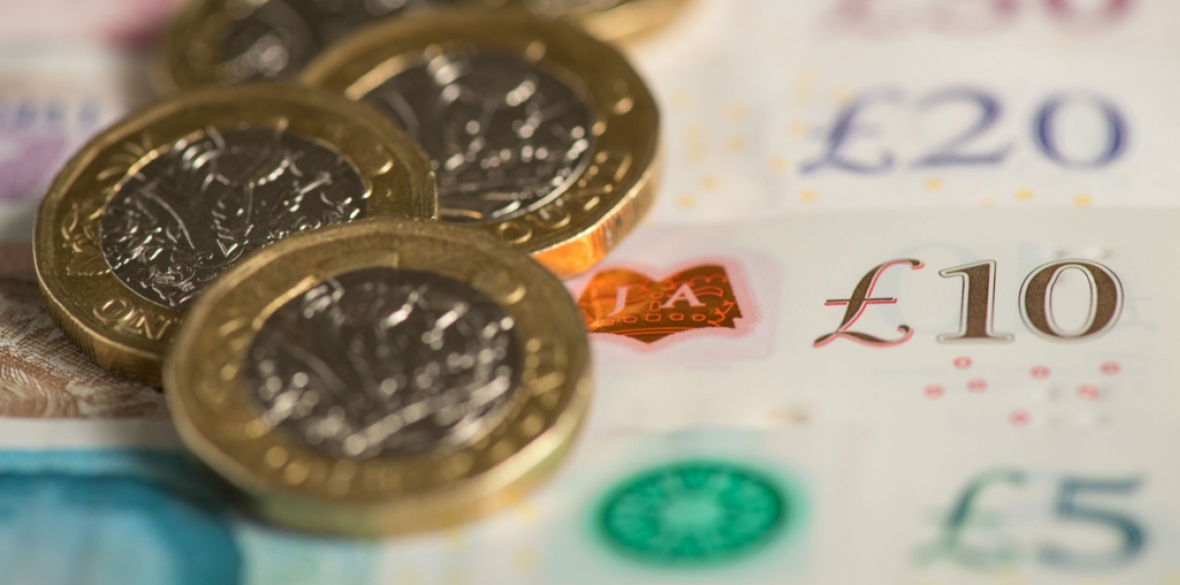This is the last article you can read this month
You can read more article this month
You can read more articles this month
Sorry your limit is up for this month
Reset on:
Please help support the Morning Star by subscribing here
REGULATIONS issued under the 2010 Equality Act require all public and private-sector employers with 250 or more employees to conduct an equal pay audit.
Information about the wages of their female and male workers should be reported to the Equality and Human Rights Commission by this Saturday, if in the public sector, or next Wednesday in the case of private and charitable sector companies.
The biggest bosses’ club in Britain, the Confederation of British Industry, has long opposed compulsory equal pay audits, as it has resisted all major legislative reforms in favour of working people, up to and including the statutory national minimum wage.
So it should come as no surprise to learn that, as of torday, little more than half of the 9,200 companies required to submit their audits had done so, with only five days to go until the deadline.
Any embarrassment on the part of Britain’s biggest company directors — if they possess that particular gene in the first place — would be understandable, in the light of what is revealed in the first batch of reports.
They reveal that the median or mid-point male worker receives almost 10 per cent more in wages than the median woman.
That would be shocking enough, but the real pre-massage position is almost certainly much worse.
The Office of National Statistics puts the gap for full-time and part-time workers in total at 18 per cent. It would be instructive to learn how big business has managed to halve that figure.
We do know that both sets of calculations use a mathematical method — the median wage rather than the mean — which reduces the gender difference.
Moreover, they take no account of the position in smaller companies whose professional services are bought in by the big corporations. These are mostly in the legal, accountancy, PR and IT branches dominated by relatively well-paid men.
Furthermore, we also know that the equal pay exercise excludes directors’ salaries and other sources of income from pension and share awards, further minimising the real extent of gender inequality in the economy.
Of course, big business is trying to put the best face on the audit results so far. CBI director general Carolyn Fairbairn declared that they would spur her members on to even more herculean efforts.
The gender pay gap within the CBI itself stands at 15 per cent.
The chief executive of Virgin Money, Jayne-Anne Gadhia, welcomed the audit as a “watershed moment.”
She heads the Treasury’s “Women in Finance” Charter initiative for equal pay in that sector. The gender pay gap at Virgin Money has just been reported to be 38 per cent.
Of course, none of the hypocrisy, double talk and sham concern invalidates the need for such audits. They expose at least some of the inequalities in corporate Britain today.
Certainly, they underline the need for statutory sanctions to be put in place to penalise companies that fail to conduct or report their audits on time and refuse to take the necessary remedial action to narrow and eventually close the gender pay gap.
However, unequal pay is an indicator of wider and deeper inequalities. It reflects discrimination and depressed aspirations in the spheres of education, recruitment, training, promotion and employment flexibility.
The preliminary audit results also show how vital it is for trade unionism to extend into every workplace, helping to ensure — not least through collective bargaining — that employers are genuinely working to eliminate gender inequality of every kind.










